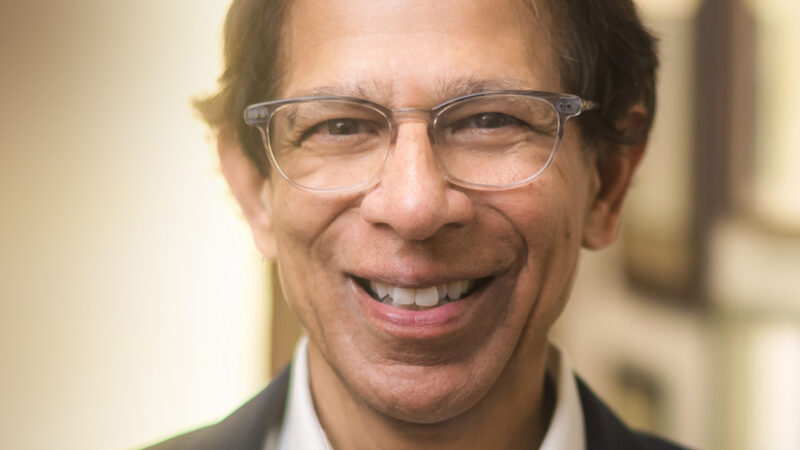Dilip Jeste, MD: Wiser, Faster
Dr. Dilip Jeste is a professor of psychiatry and neurosciences and the director of the Center for Healthy Aging at UC San Diego. He’s spent the last 20 years studying aspects of healthy aging and the neurobiological roots of wisdom. With Sounds True, Dr. Jeste has written a new book titled Wiser: The Scientific Roots of Wisdom, Compassion, and What Makes Us Good. In this episode of Insights at the Edge, Tami Simon speaks with Dr. Jeste about wisdom—what it is, how we can cultivate more of it in our own lives, and how we can grow into a wiser society. They explore a new definition of wisdom that incorporates neurobiological and evolutionary components of what makes us wise, as well as the social and cultural ones we might be more familiar with. Dr. Jeste and Tami also discuss the future of wisdom, including the potential of a metaphorical “wisdom pill.” Finally, they speak on the importance of helping our society become wiser, faster.






